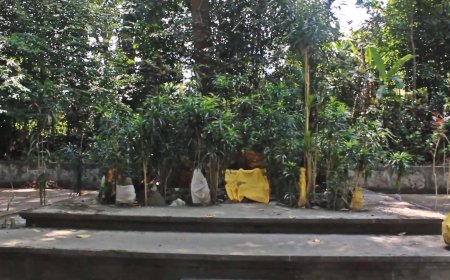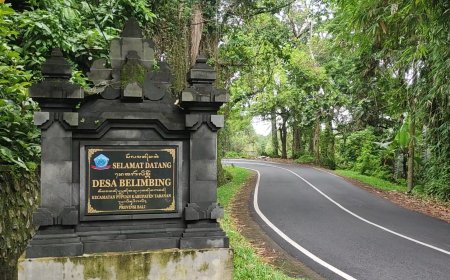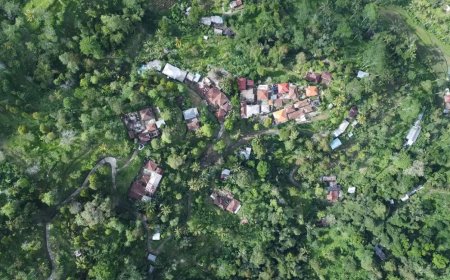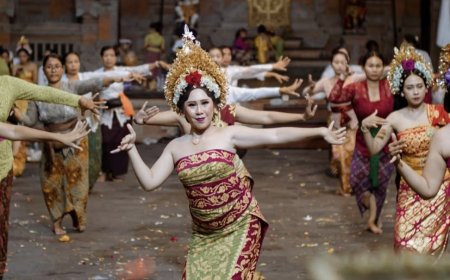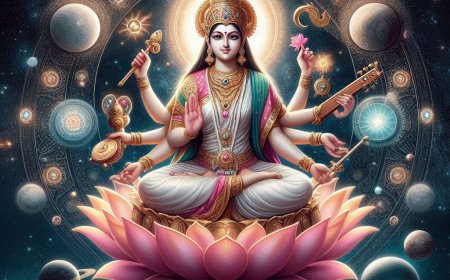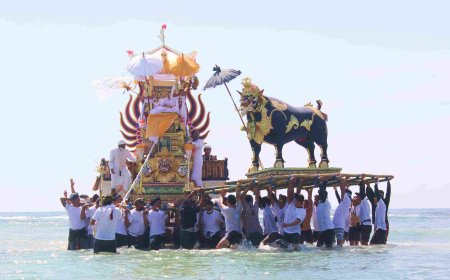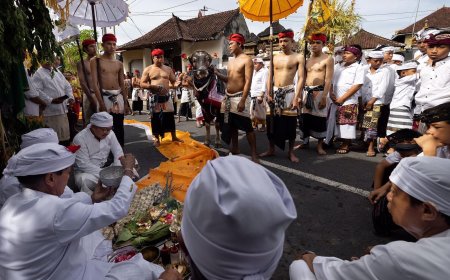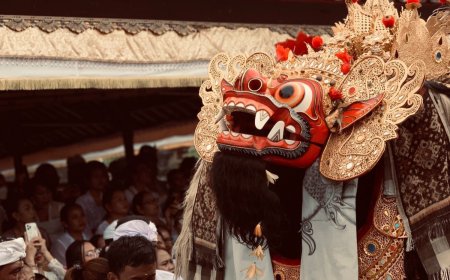Mekotek: The Tradition of Repelling Reinforcements and a Symbol of Victory in Munggu Village
Village Bali is an island that always amazes with the charm of its natural beauty, not only known for its beautiful beaches and charming terraced rice fields. Bali is also known for its colorful cultural richness, one of which is the unique and interesting Mekotek tradition. In this article, we will explore more deeply about the Mekotek tradition rich in symbolism and its deep meaning in Munggu Village, Bali.
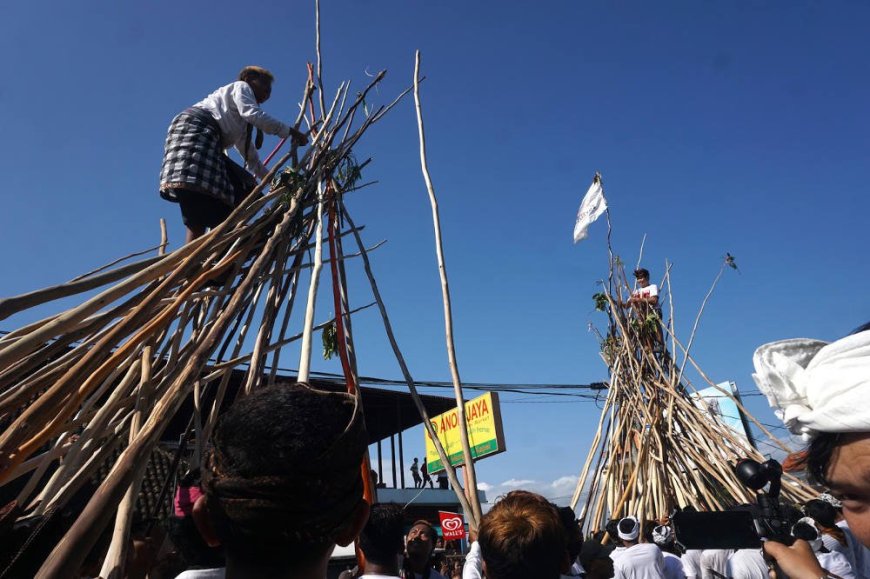
The Origin and History of the Mekotek Tradition
Ngerebek Mekotek or better known as Mekotek is one of the traditions in Bali that only exists in Munggu village, Mengwi district, Badung Regency. Mekotek is one of the repulsive traditions of Munggu Village, Mengwi District, Badung Regency, Bali. Mekotek itself is taken from the word "tek-tek" which is the sound of wood pitted against each other. This Mekotek tradition is carried out with the aim of asking for salvation. This mekotek tradition is an ancestral heritage tradition that has been carried out for generations until now by Hindus in Bali, especially in the Balinese community in Munggu Village.
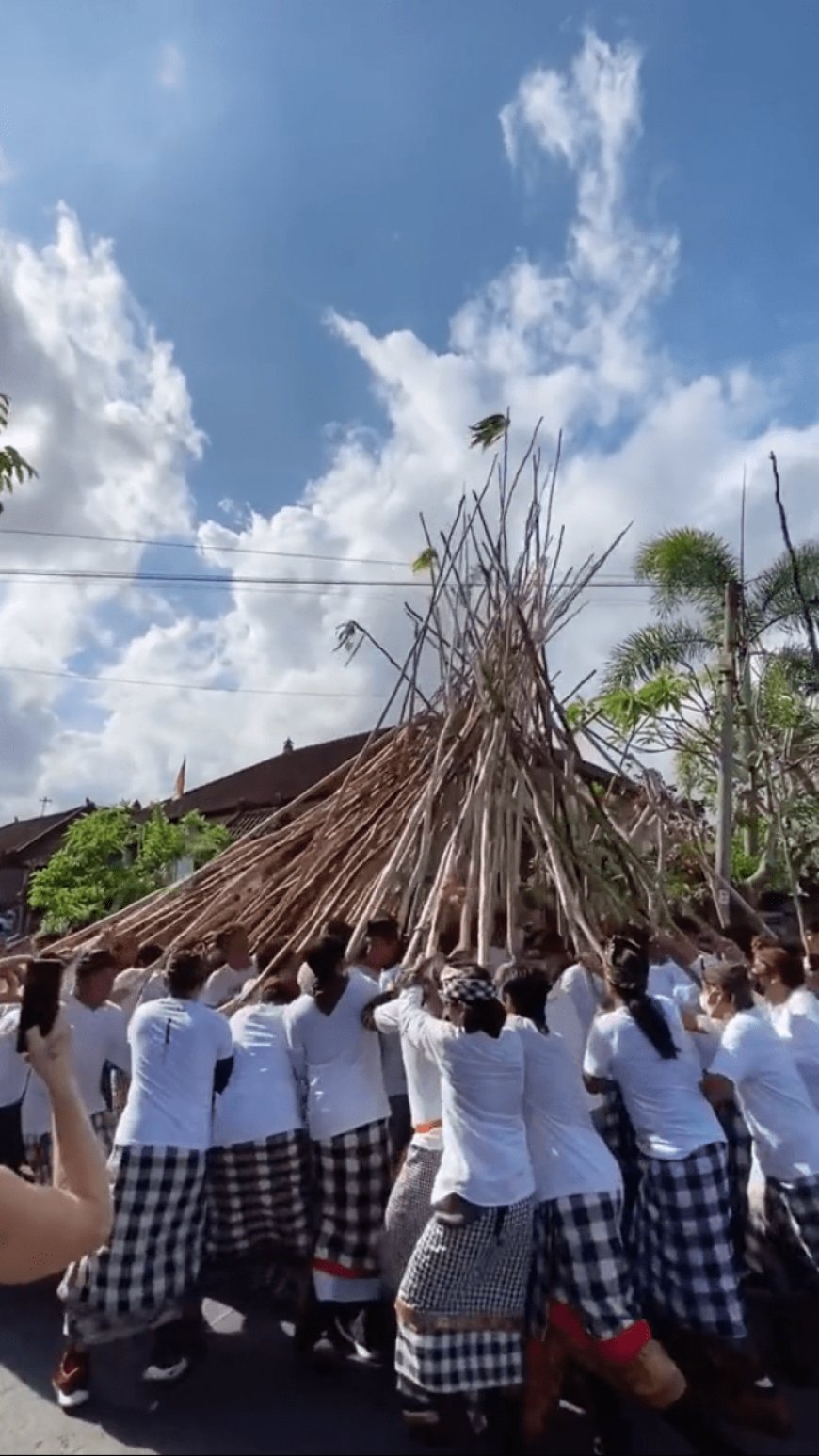
Mekotek Tradition (Photo Source: Editor's Collection)
In its own history, this mekotek tradition began from the story of the heyday of the Mengwi Kingdom which was able to control the territory up to Blambangan (Banyuwangi) so that it was done to welcome the soldiers of the Mengwi kingdom who came with victory over the Blangbangan Kingdom in Java and then became a tradition developed until now.
The involvement of the Munggu community was also recognized because it became a buffer for the existence of the Mengwi Kingdom palace which also stood in the village. The people of Munggu Village also received trust by the kingdom as employees of the army. When King Mengwi heard that there would be Blambangan resistance in the struggle for territory, the Munggu people were also sent down as soldiers named Taruna Munggu.
Taruna Munggu was then sent to fight to secure the area in Blambangan. Before leaving, the king did semedi at Pura Dalem Kahyangan Wisesa Munggu, right on the holy day of Tumpek Kuningan. This became the forerunner of the implementation of Mekotek. during the Dutch rule in 1915, this mekotek tradition was stopped because the Dutch feared there would be a rebellion. However, when this tradition was stopped there were many outbreaks of disease that killed up to 10 people every day.
Implementation of Mekotek Ceremony Tradition
This mekotek tradition is usually carried out every 6 months or every 210 days (based on the Hindu calendar), namely on Saturday kliwon kuningan and right on Kuningan day or 10 days after Galungan day. During its implementation, more than a thousand residents from 12 Banjars in Munggu Village will participate in the tradition passed down during the celebration of the victory of the Blambangan war during this past kingdom.
In the past, this Mekotek celebration used an iron spear, because it was considered dangerous, the form of the spear as a symbol of fighting spirit was replaced with pulet wood which was known to be flexible and strong for up to 15 years if stored properly.
Pulet wood is obtained by residents from local village lands and neighboring villages. Such as Nyanyi and Buwit villages in Tabanan, all the way to Pererenan in Badung. The length of the pulet wood used is 2 to 3.5 meters, and will combine these woods to form a cone or pyramid later. Residents were then divided into several groups, where in each group usually consisted of about 50 participants who participated usually from the age of 12 years to 60 years. In its implementation, this mekotek tradition is usually carried out accompanied by gamelan music to encourage the mekotek participants themselves.

Pulet wood used in the Mekotek tradition (photo source: editorial collection)
Symbolism and Meaning
Mekotek is a symbol of victory, besides that this ceremony is also an effort to reject reinforcements that had befallen in Munggu village decades ago. The Mekotek tradition has three meanings implied in its implementation, namely:
Respect for heroes: The first meaning is respect for the merits of heroes. Because, this tradition is a commemoration of the Mengwi Kingdom's war victory in terms of territorial expansion at that time..
Repellents Reinforcements: The Mekotek Tradition is believed to be able to reject reinforcements and provide safety, as well as fertility or prosperity for the agricultural sector in Munggu Traditional Village.
Unifying Citizens: The third meaning in the Mekotek tradition is that the tradition is a means of unifying citizens, especially the youth. By carrying it out, the youth will do positive activities and stay away from all kinds of negative activities such as drugs, liquor, and recklessness.
